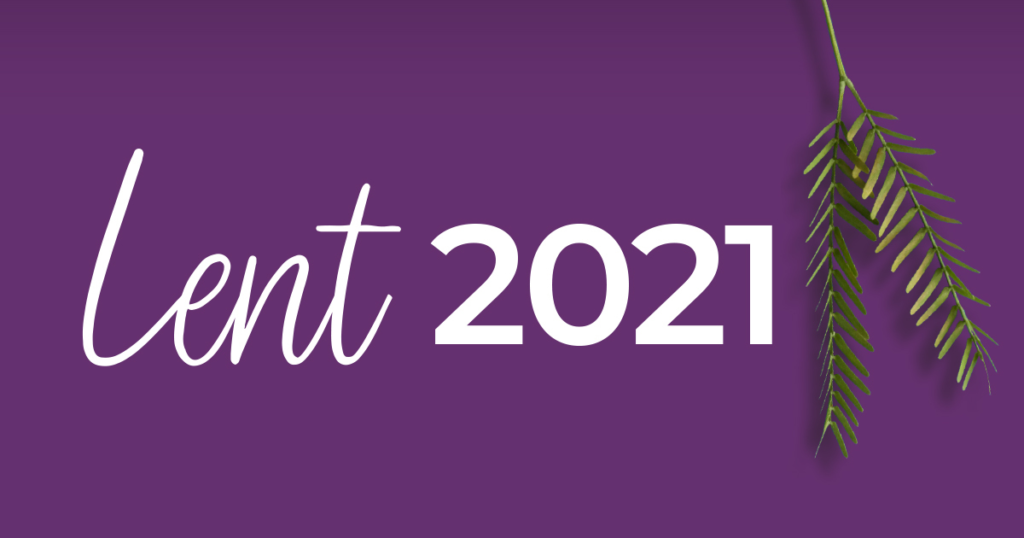Fast, Give, Quarantine, Serve: Your Guide to Lent 2021

Image courtesy of Ave Maria Press
By: Fernando Cordova
By this point in time, about two weeks have passed since the start of one of the Catholic Church’s most treasured liturgical seasons: Lent. As defined by the USCCB, Lent is “a 40 day season of prayer, fasting, and almsgiving that begins on Ash Wednesday and ends at sundown on Holy Thursday.” This liturgical season is the lead-up to the Triduum, which marks Jesus Christ’s Passion, ultimately culminating in celebrating his resurrection on Easter Sunday.
As with all things COVID-19 related, Lent in 2021 so far has looked quite different. For instance, replacing the traditional spreading of the ashes on a person’s forehead, the Vatican Congregation for Divine Worship and the Sacraments advised priests to sprinkle ashes over a person’s head during Ash Wednesday services.
Despite this, however, Lent continues to be that same season of reflection, tradition, fasting, giving, and so much more. With that being said, here’s your guide on how to make Lent more meaningful than ever before.
One of the required practices that the Church asks of its followers to commit to during Lent is abstaining from meat on Ash Wednesday and all Fridays. For vegans or vegetarians, this may come second nature. However, for meat-eaters, it can be hard to avoid eating meat and we may sometimes forget to do so. However, it’s meant to be a practice of self-discipline, in which Catholics are called to refrain from luxuries during Lent. While it may seem difficult at first to find no-meat options, there are many different choices that go beyond your traditional salad. Some meals can include having your favorite pasta with vegetables, fish such as cod or salmon, or something unique such as vegetable tortellini soup. For CUA students, the Eatery in the upper Pryz and the Food Court in the lower also offer many meatless options for those abstaining from eating meat.
Another aspect of Lent is giving up something for those 40 days until Easter Sunday. Although this isn’t a practice that is mandated by the Catholic Church, it’s still encouraged. For Christians, it represents Jesus Christ’s sacrifice of fasting and praying in the desert for 40 days. Although this may be tougher than giving up meat on Fridays, it also is a practice of self-discipline and giving of oneself. Here at CUA, many students are taking part in this widely-viewed Lenten tradition. Kelsey Nowack, a junior here at Catholic, decided to sacrifice social media for Lent, knowing that by doing so she would be sacrificing something that’s distracting.
“I think it’s something that distracts me a lot from most things in my life, whether it’s academics or particularly my faith. Social media pulls me away from it a lot, so I think it’ll give me an opportunity to kind of reset during Lent and refocus,” Nowack said.
Although Lenten sacrifices are also common to observe during this season, many people also try to keep a certain devotion to practice self-discipline and being true to their faith.
“My roommate Robbie and I are starting to pray the rosary every day together, to kind of keep our minds on what’s important, especially during Lent,” said junior John Anthony Buono.
Whether it’s through fasting, keeping to devotions, or giving up something of value during Lent, this season is meant to bring people closer to God and grow more as individuals. Although COVID-19 has changed the way many around the world commemorate, it has certainly not changed what’s in our hearts and the reason why it’s observed.








